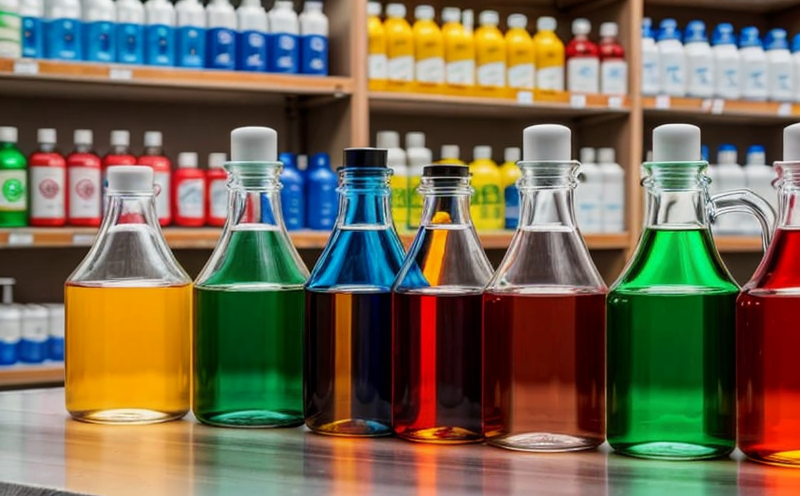Detection of short chain chlorinated paraffins SCCPs
Short chain chlorinated paraffins (SCCPs) are a group of persistent, bioaccumulative, and toxic substances that have raised significant concern in the textile sector due to their potential adverse effects on human health and the environment. The detection and quantification of SCCPs is essential for ensuring compliance with international regulations aimed at reducing the use of harmful chemicals in textiles.
SCCPs are widely used as flame retardants, lubricating oils, and cutting fluids in various industries, including textiles. However, their presence can lead to issues such as skin irritation, respiratory problems, and potential carcinogenic effects. Regulatory bodies like the European Union's REACH (Registration, Evaluation, Authorisation, and Restriction of Chemicals) and the California Proposition 65 have imposed strict limits on SCCP usage in consumer products.
The detection process typically involves a multi-step approach that includes sample preparation, extraction, purification, and analysis. Chromatographic techniques such as gas chromatography (GC) or liquid chromatography (LC) coupled with mass spectrometry (MS) are commonly employed for accurate identification and quantification of SCCPs in textile samples.
The challenge lies in the fact that SCCPs can exist in various forms, ranging from C8 to C13, each presenting unique analytical complexities. The testing process must account for these variations to ensure comprehensive coverage and reliable results. Laboratories specializing in this service possess advanced instrumentation capable of handling the intricacies associated with SCCP analysis.
Accurate detection is crucial not only for compliance but also for reputation management. Brands facing regulatory scrutiny or consumer distrust can mitigate risks by proactively testing their products for SCCPs. The ability to provide transparent, reliable test results builds trust and enhances brand integrity in the market.
The industry landscape is continually evolving with new regulations being introduced. Textile manufacturers must stay abreast of these developments to ensure they are compliant and competitive. By leveraging expert laboratories equipped for SCCP detection, companies can navigate this regulatory environment effectively.
Why It Matters
The identification and quantification of short chain chlorinated paraffins (SCCPs) in textile products is critical due to the potential health risks associated with these chemicals. SCCPs are known for their persistence, bioaccumulation, and toxicity, which can lead to adverse effects on human health if they enter the environment through waste streams or during product use.
Regulatory bodies such as REACH in Europe and Proposition 65 in California have set stringent limits on the permissible levels of SCCPs in textile products. Compliance with these regulations is not only a legal requirement but also an ethical responsibility that ensures the safety of consumers and protects the environment from pollution.
Non-compliance can result in severe penalties, including fines, product recalls, and damage to brand reputation. Therefore, proactive testing for SCCPs helps textile manufacturers avoid such risks while maintaining their competitive edge in a global market where sustainability is increasingly important.
Applied Standards
- ISO 17025: Requirements for the Competence of Testing and Calibration Laboratories
- European Union REACH Regulation (EC) No. 1907/2006
- CALO-3 Test Methodology for Determining SCCPs in Consumer Products
The detection of short chain chlorinated paraffins adheres to a stringent set of international standards that ensure accuracy and reliability. Compliance with these standards is essential for laboratories providing this service, as it guarantees the highest quality testing practices.
Why Choose This Test
- Comprehensive Detection: Utilizes advanced chromatographic techniques to identify a wide range of SCCP congeners from C8 to C13.
- Regulatory Compliance: Ensures adherence to international regulations such as REACH and Proposition 65, minimizing the risk of non-compliance penalties.
- Precision and Reliability: Leveraging state-of-the-art instrumentation, laboratories provide accurate results that are crucial for informed decision-making.
- Expertise in Textiles: Specialized knowledge and experience in textile testing ensure precise handling of complex samples.





